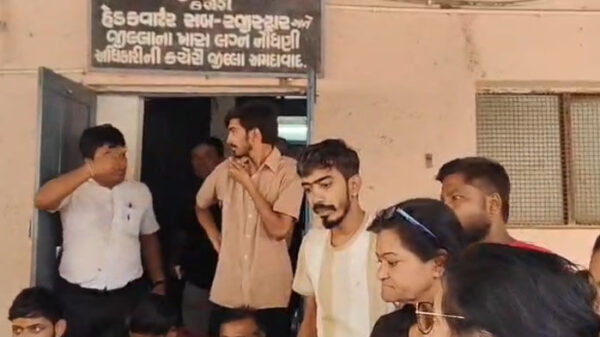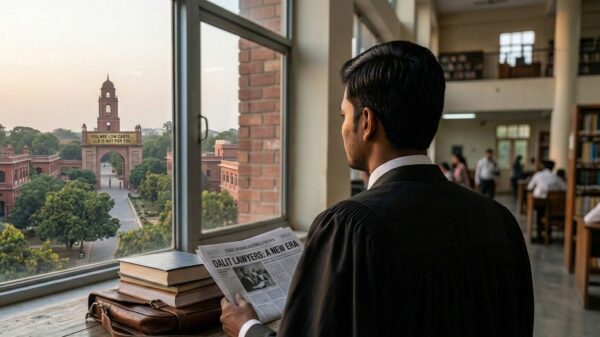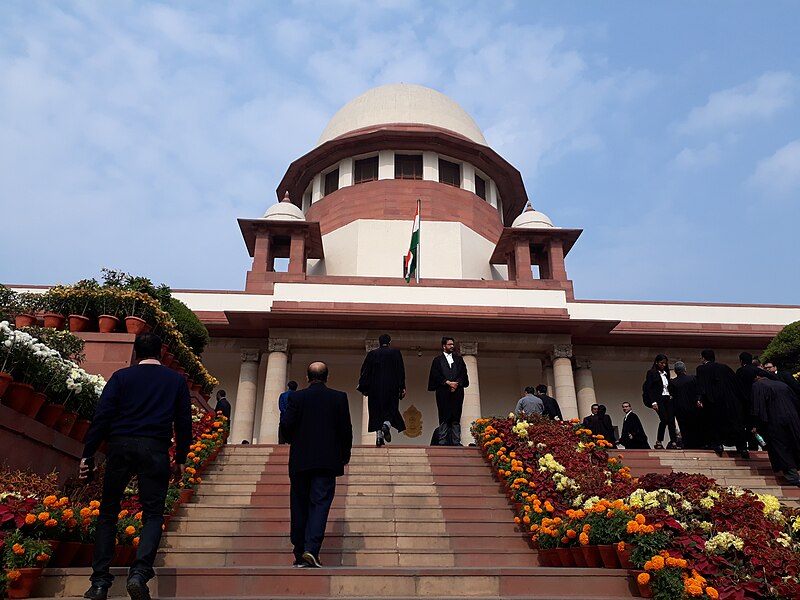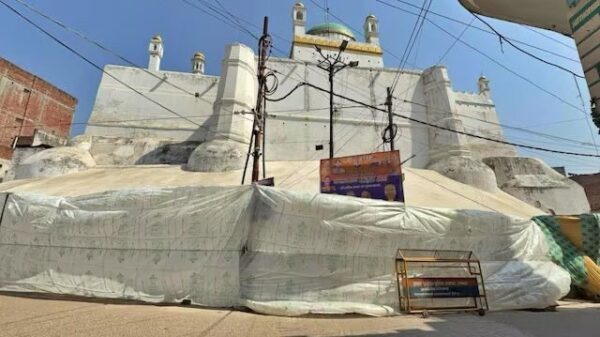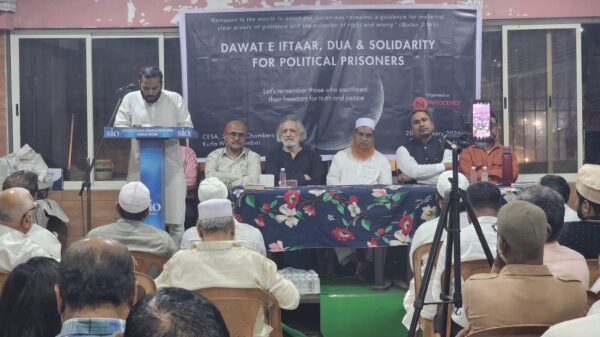Chief Justice of India (CJI) raised a key question to the Union government regarding the status of historical mosques under the Waqf Act.
“Before the Britishers came, we did not have land registration law or Transfer of Property Act,” the CJI said. “Many of the masjids were constructed in the 14th, 15th, 17th centuries. Asking them to produce a registered sale deed is an impossibility.”
He gave the example of Delhi’s Jama Masjid, saying, “Like in the case of Jama Masjid which is waqf by user. If you had established waqf by user in the versions of Waqf Act prior to the 2025 Amendment Act, can it be made void now?”
The CJI’s remarks came while hearing a case linked to the legal status of Waqf properties and the recent amendments to the Waqf Act.
“Waqf by user” is a concept where religious use over time—without formal registration—can establish a property as Waqf. The Chief Justice questioned whether such long-standing religious usage could now be dismissed due to the new legal changes.






